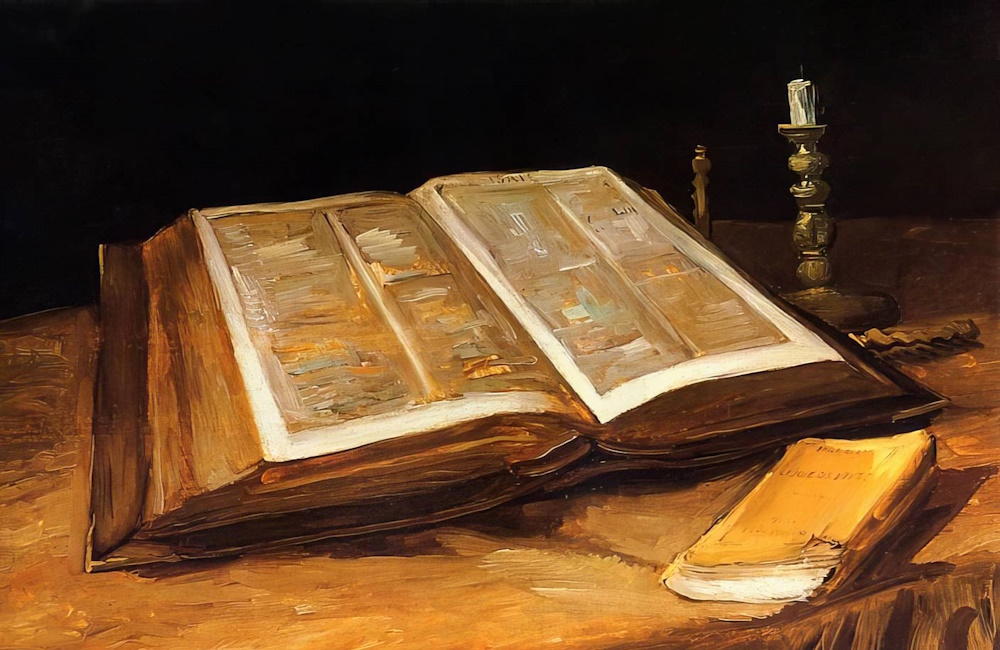The issue of whether the Bible has been corrupted is a significant theological debate between Islamic and Christian traditions. In Islamic theology, it is believed that while the original scriptures, such as the Torah given to Moses and the Gospel given to Jesus, were indeed revealed by God, they have been altered or corrupted over time.
However, there are Quranic texts that some interpret as suggesting that the Bible, in its essence, still retains its value or authenticity. For instance, Quran 2:136 highlights the belief in all prophets and their scriptures, suggesting respect for these revelations. It states: “Say, ‘We have believed in Allah and in that which was revealed to us and that which was revealed to Abraham, Ishmael, Isaac, Jacob, and the Descendants, and that which was given to Moses and Jesus, and that which was given to the prophets from their Lord. We make no distinction between any of them, and we are Muslims [submitting] to Him.'”
Similarly, Quran 3:3-4 acknowledges the Torah and the Gospel as previously revealed scriptures that serve as guidance for people. It says: “He has sent down upon you, [O Muhammad], the Book in truth, confirming what was before it. And He revealed the Torah and the Gospel before as guidance for the people and sent down the Criterion. Indeed, those who disbelieve in the signs of Allah will have a severe punishment; and Allah is Exalted in Might, Owner of Retribution.”
Quran 5:46 acknowledges that the Gospel given to Jesus was meant to confirm and support the Torah, implying that it had integrity and value at the time of its revelation. It reads: “And We sent, following in their footsteps, Jesus, the son of Mary, confirming that which came before him of the Torah. And We gave him the Gospel, in which was guidance and light and confirming that which preceded it of the Torah as guidance and instruction for the righteous.”
Additionally, Quran 5:68 implies that the Torah and the Gospel are still relevant and that their adherents should uphold them. It states: “Say, ‘O People of the Scripture, you have nothing [to stand] on unless you uphold the Torah, the Gospel, and what has been revealed to you from your Lord.’ But indeed, what has been revealed to you from your Lord will surely make many of them increase in disobedience and disbelief. So do not grieve over the disbelieving people.”
In conclusion, the Quran does not explicitly assert that the Bible has been corrupted. While some Islamic scholars interpret certain Quranic verses as suggesting alterations to earlier scriptures, these interpretations are based on scholarly suggestions and contextual readings rather than explicit, definitive evidence. The Quran acknowledges the Torah and the Gospel as divine revelations and does not provide clear evidence or direct statements indicating their corruption. The theories of corruption advanced by some scholars are not supported by explicit Quranic texts but are based on interpretations and conjectures. Thus, according to the Quran, there is no clear statement or definitive evidence to support the claim that the Bible has been corrupted.
As a final question, if the Quran acknowledges the Torah and the Gospel as divine revelations, can a divine revelation be subject to corruption? If so, how is it that the Quran itself is considered uncorrupted?
